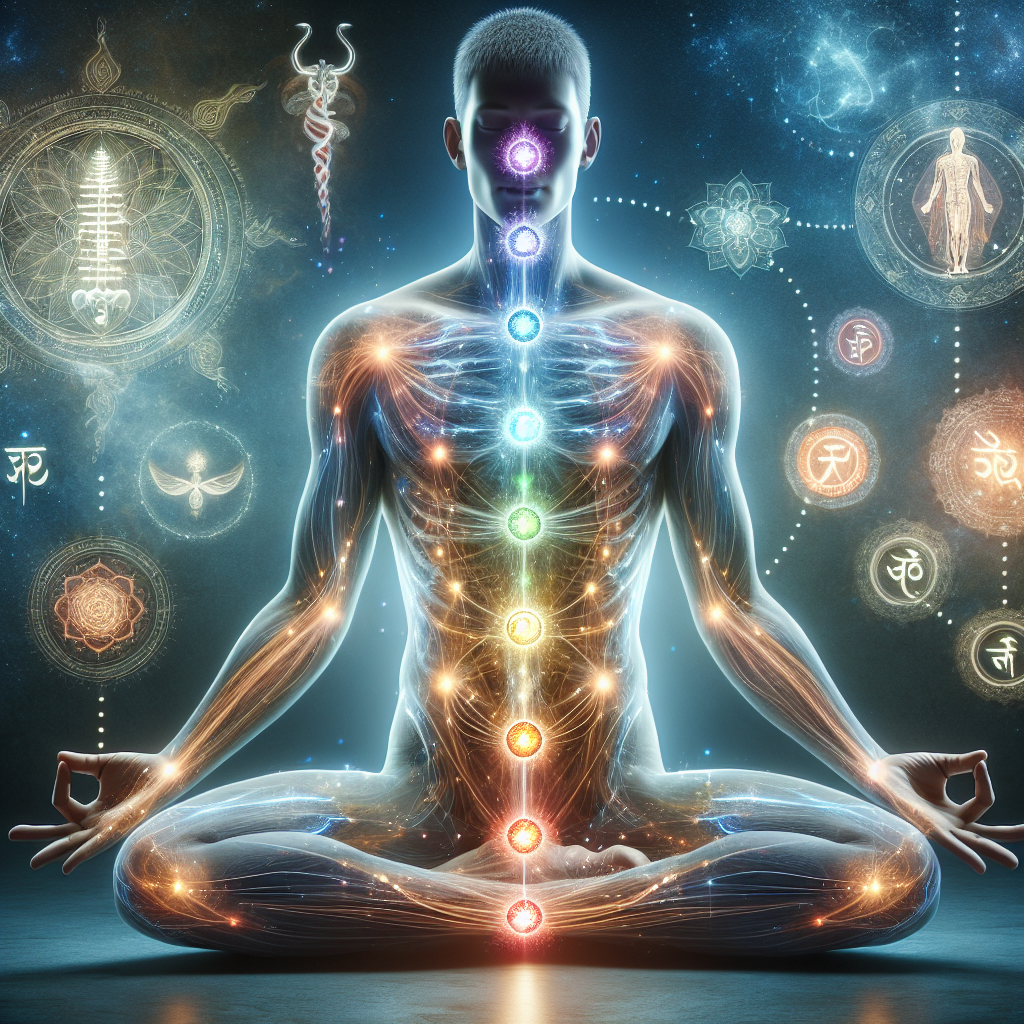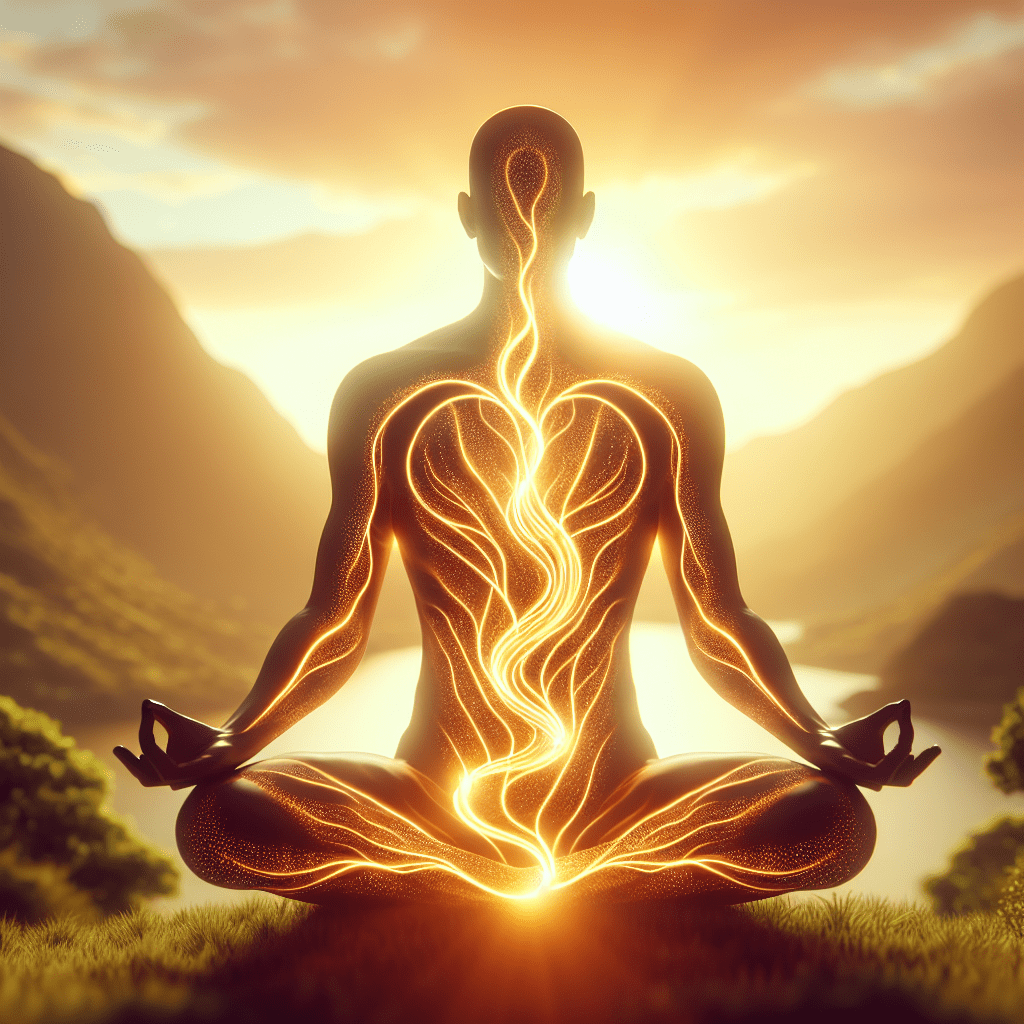In our fast-paced, hyper-connected world, many of us find ourselves constantly juggling responsibilities, battling stress, and searching for that elusive sense of equilibrium. This is where balance coaching has emerged as a powerful approach to reclaiming harmony in our chaotic lives. Unlike traditional coaching methods that often focus solely on achievement or problem-solving, balance coaching draws from the profound well of Eastern wisdom traditions that have guided human wellness for thousands of years.
A balance coach integrates these time-tested philosophies into modern coaching practices, creating a unique approach that addresses the whole person rather than just isolated challenges. As our society increasingly recognizes the limitations of purely Western approaches to wellbeing, the ancient wisdom of the East offers refreshing perspectives that many find transformative.
“Eastern wisdom provides a foundation for balance coaching that’s truly holistic,” explains Dr. Maya Chen, a balance coach with over fifteen years of experience. “These philosophies don’t separate mental health from physical wellness or spiritual fulfillment—they recognize that true balance comes from honoring the interconnectedness of all aspects of our lives.”
The Holistic Approach: Mind, Body, and Spirit in Harmony
The wisdom of the East teaches us that true wellness emerges when mind, body, and spirit work in concert, not in competition.
At the core of Eastern philosophy lies the understanding that we are not compartmentalized beings. Our thoughts affect our physical health, our bodies influence our emotions, and our spiritual state impacts how we show up in the world. A balance coach embraces this holistic perspective, recognizing that sustainable transformation requires addressing all dimensions of a person’s experience.
Unlike specialists who might focus exclusively on mental techniques or physical practices, a balance coach helps clients see how challenges in one area ripple throughout their entire lives. For instance, chronic work stress doesn’t just cause mental exhaustion—it can manifest as digestive issues, sleep disruption, strained relationships, and a disconnection from one’s sense of purpose. This aligns with the Five Elements Theory, which shows how imbalances in one system affect the entire body.
“When I work with clients,” shares balance coach Kai Yamamoto, “we explore how their eating habits might be affecting their mood, how their relationship patterns might be draining their energy, or how their disconnection from meaning might be manifesting as physical tension. Everything is connected.”
This holistic approach explains why balance coaching can be so effective where other interventions fall short. By addressing the root imbalances across all aspects of a client’s life, a balance coach facilitates deep, lasting transformation rather than temporary relief.
Embracing Duality: The Wisdom of Yin and Yang
Perhaps the most recognized symbol in Eastern philosophy is the Yin-Yang—a circle divided by an S-shaped line into black and white halves, each containing a dot of the opposite color. This powerful symbol represents the balance of complementary forces that exists throughout the universe and within each of us.
In balance coaching, the Yin-Yang concept provides a framework for understanding life’s natural dualities. Rather than seeing opposites as contradictory, we learn to recognize them as complementary energies that balance each other:
- Rest and activity
- Receptivity and productivity
- Stability and change
- Structure and spontaneity
- Introspection and expression
Sarah Johnson, who sought help from a balance coach after burning out at her executive position, reflects on this insight: “I used to think balance meant dividing my time equally between work and personal life, but my coach helped me understand that true balance isn’t about equal time—it’s about honoring both yin and yang energies in all areas of my life. I learned to incorporate moments of stillness even during busy workdays and to bring focused energy to my relaxation time rather than just zoning out.”
Balance coaches help clients identify where they might be overemphasizing one energy at the expense of the other. For those who constantly push themselves, a coach might suggest practices that cultivate receptivity and restoration. For those who tend toward inaction or excessive caution, the coach might encourage more dynamic, expressive activities.
Wu Wei: The Art of Effortless Action
Wu Wei reminds us that sometimes the most powerful action is allowing things to unfold naturally.
One of the most profound yet counter-intuitive concepts from Eastern wisdom is the Taoist principle of Wu Wei, often translated as “non-doing” or “effortless action.” In our achievement-oriented culture that celebrates hustle and constant striving, Wu Wei offers a refreshing alternative that a balance coach can help clients embody.
Wu Wei doesn’t mean doing nothing—it means aligning our actions with the natural flow of life rather than forcing outcomes through sheer willpower. It’s about discerning when to act decisively and when to step back, when to exert effort and when to allow things to unfold naturally, embracing the Eastern approach to life’s challenges.
“Many of my clients come to me exhausted from swimming upstream,” notes balance coach Michael Lin. “They’re fighting against their own nature or the reality of their situation. Wu Wei teaches us to work with life rather than against it—to find the path of least resistance that still moves us toward our goals.”
A balance coach might help clients practice Wu Wei by:
- Identifying when they’re forcing solutions versus allowing insights to emerge
- Recognizing their natural strengths and working with them rather than against them
- Learning to trust their intuition alongside analytical thinking
- Developing patience and acceptance when facing situations beyond their control
- Finding the sweet spot between effort and surrender
Through embodying Wu Wei, clients often discover that they can accomplish more with less stress, accessing a state of flow where actions feel natural rather than forced.
The Power of Present Awareness: Mindfulness in Balance Coaching
Central to Eastern wisdom traditions is the practice of mindfulness—the art of bringing full awareness to the present moment. While mindfulness has gained mainstream popularity in recent years, a balance coach draws from its deep roots in Eastern philosophy to help clients develop this essential skill.
“Mindfulness is the foundation of all the work I do with clients,” explains balance coach Jennifer Patel. “Without present awareness, we can’t accurately assess our current state of balance, identify our true needs, or make conscious choices that align with our values.”
A balance coach might introduce various mindfulness practices tailored to a client’s preferences and needs:
- Formal meditation practices to cultivate focused attention
- Body scan techniques to increase somatic awareness
- Mindful movement like Tai Chi or yoga
- Breath awareness exercises for emotional regulation
- Contemplative practices that develop self-knowledge
Through consistent mindfulness practice, clients develop the capacity to observe their thoughts, emotions, and physical sensations without becoming overwhelmed by them. This creates a crucial space between stimulus and response where choice becomes possible, similar to how energy mapping of the body helps identify imbalances before they manifest as physical issues.
Maria, a working mother of three who worked with a balance coach, shares: “Before, I was constantly reacting to everything—my kids, my boss, my own emotions. Mindfulness helped me create a pause where I could choose my response rather than being pulled in every direction. That small space has made all the difference in finding balance.”
Embracing Change: The Wisdom of Impermanence
When we resist change, we create suffering. When we flow with it, we discover new possibilities.
One of Buddhism’s core teachings is the reality of impermanence—the understanding that everything in life is constantly changing. While Western approaches often focus on controlling circumstances to achieve stability, a balance coach draws from Eastern wisdom to help clients develop resilience through accepting and adapting to life’s inevitable changes.
“Resisting change creates suffering,” notes balance coach David Chen. “When we cling to how things were or how we think they should be, we fight against reality. Eastern wisdom teaches us to flow with change rather than resist it.”
Balance coaches help clients apply this wisdom by:
- Developing comfort with uncertainty and transition
- Practicing letting go of attachments that cause suffering
- Recognizing that all emotions and situations are temporary
- Finding stability within themselves rather than external circumstances
- Viewing challenges as opportunities for growth and transformation
For clients navigating major life transitions—career changes, relationship endings, health challenges, or other significant shifts—this perspective can be particularly liberating. Rather than seeing change as a disruption to be overcome, they learn to embrace it as a natural part of life’s flow.
The Web of Connection: Cultivating Harmony in Relationships
Confucian philosophy emphasizes the importance of harmonious relationships as essential to wellbeing. While Western coaching often focuses on individual achievement, a balance coach informed by Eastern wisdom recognizes that true balance must include healthy connections with others.
“We exist in relationship,” explains balance coach Lin Wei. “Confucian teaching reminds us that our wellbeing is inseparable from the quality of our connections with family, friends, colleagues, community, and even our ancestors and the natural world.”
A balance coach helps clients examine how their relationships affect their overall state of balance and identify patterns that create disharmony. They might explore:
- Communication styles that foster connection versus those that create distance
- Boundaries that honor both self-care and responsibility to others
- The impact of family patterns and cultural conditioning on relationship dynamics
- Practices that cultivate empathy, compassion, and authentic presence
- The balance between independence and interdependence
Through addressing relational imbalances, clients often experience profound shifts in their overall wellbeing. As they develop more harmonious connections, they find that other aspects of their lives naturally come into greater balance as well.
Energy Flow: The Vital Force of Life
Energy flows where attention goes – an ancient wisdom that science is only beginning to understand.
Eastern philosophies recognize the existence of a vital life energy—called qi in Chinese traditions, prana in Indian systems, or ki in Japanese practices. This subtle energy flows through all living things and must be balanced for optimal wellbeing. Balance coaches often incorporate this understanding into their work with clients.
“Energy isn’t just a metaphor—it’s a tangible reality we can learn to sense and direct,” says balance coach Amara Wong. “When energy becomes stagnant or depleted in certain areas of life, imbalance results. When energy flows freely, we experience vitality, clarity, and harmony.”
Balance coaches might help clients work with their energy through:
- Movement practices like Tai Chi or Qigong that balance and cultivate life force
- Breathing techniques that direct energy to areas of depletion or stagnation
- Nutritional guidance based on Eastern understandings of food energetics
- Environmental adjustments that support healthy energy flow in living and working spaces
- Awareness of how different activities, relationships, and thoughts affect energy levels
Through working with energy directly, clients often experience immediate shifts in their sense of vitality and balance. This approach offers a complement to Western methods that may focus more on intellectual understanding or behavioral change.
Integrating Eastern Wisdom for Lasting Transformation
The beauty of balance coaching that draws from Eastern wisdom lies in its holistic, time-tested approach to human flourishing. Rather than offering quick fixes or one-size-fits-all solutions, it provides principles and practices that can be personalized to each individual’s unique constitution and circumstances.
As we navigate an increasingly complex and rapidly changing world, the ancient wisdom of the East offers valuable guidance for finding balance. A skilled balance coach serves as a bridge, translating these profound teachings into practical applications that can transform even the most chaotic life into one of greater harmony and fulfillment.
Whether you’re facing burnout, seeking greater meaning, navigating a major transition, or simply feeling that something is “off” in your life, working with a balance coach grounded in Eastern wisdom can offer a path forward. By embracing the interconnectedness of mind, body, and spirit, recognizing the complementary nature of opposing forces, aligning with life’s natural flow, cultivating present awareness, accepting impermanence, nurturing harmonious relationships, and working with your vital energy, you can discover a state of balance that no amount of external achievement or material success could provide.
In the words of ancient Eastern sages and modern balance coaches alike: true balance isn’t a destination to reach, but a way of being to embody—one mindful step at a time.



